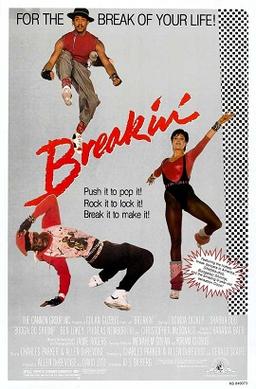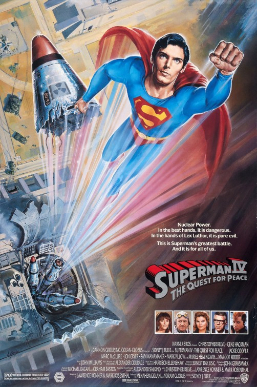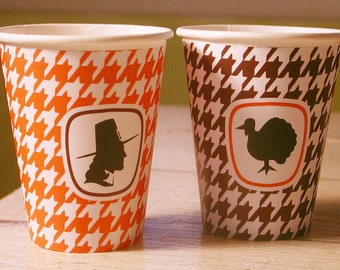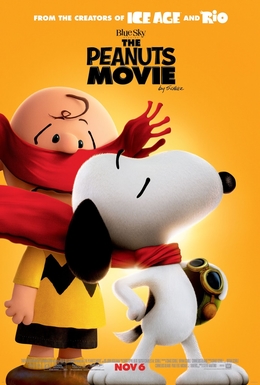While they went with Pilgrim's Progress, my literary mainstay has this tale of the four March sisters ever since I received an illustrated hardbound copy of the book as a Christmas gift from an aunt.
I still have that worn out edition, along with a Library of America volume that includes the follow-up books, Little Men and Jo's Boys(which I tried to read but didn't make it past half of LM)and a nice Modern Library paperback that I took up for this reread. There are so many wonderful new editions that come out just about every other year that it's hard to resist getting a new copy but there is the issue of shelf space, after all.
Alcott herself never thought this book would be such a big deal. Her style of preferred writing was either "sensational stories" or novel such as Work in 1873 that was based on real life experiences. Little Women was simply meant to be a one and done, something to earn enough money to help her and her family out but it stuck a cord with readers, who identified strongly with the echoes of authentic family life that was and is still the heart's blood of the story:
Considering that Jo March, the tomboyish sister with dreams of becoming a writer, is somewhat based on Alcott, it's kind of a shame that later in the book, Jo is subject to a bit of genre shaming from the man she admires most, Professor Bhaer.
Mind you, Jo's family did encourage her writing but kept their critiques to a minimum when it came to her getting those "blood and thunder" stories published. When she is able to stay in New York as a tutor in a boarding house owned by a family friend, Jo gets her shot at making real money from her thrillers and even saves up enough to treat her sickly sister Beth to a vacation that could improve her health. Sounds like a win-win,right?
However, Bhaer manages to express his disdain for these stories published in weekly newspapers without confronting Jo directly(although her response to his remarks clearly gives that secret away) and while he is a well intentioned fellow, it is a bit annoying to see this future suitor of Jo's be so harsh upon her taste in literature.
Perhaps it was simply a plot point meant to set the right moral tone for the character(at times, the girls do get various lectures on behavior,some of which they even outright ask for) but I can't help wondering if Alcott was expressing her own opinions about her early work or just giving what she thought her intended audience wanted to hear.
It does put me in mind of Northanger Abbey's Catherine becoming ashamed of overindulging her imagination from all of the gothic thrillers she had been reading. Yet, Austen doesn't express any out and out condemnation for the authors of those books, rather she impresses upon readers to be allow more variety in their choice of books and not get carried away with any genre. It's too bad that Jo March wasn't given that sort of latitude but then again, female writers were and still are held to standard that their male counterparts never had to worry much about:
I know that I'm talking a lot about Jo but she does become a strong centerpiece of the novel, with Meg and Amy pursuing some what traditional paths to marriage and poor Beth leaving us far too soon.
Speaking of Amy, we have to address the big question of "Why does Jo refuse to marry Laurie?", something that peeves many fans of Little Women to this day. In my opinion, Laurie and Amy were always meant to be, as much as Harry Potter was meant to end up with Ginny Weaseley.
That may sound far fetched but do hear me out. Just as many people believe that Harry and Hermione should have been a couple as do the score of LW devotees insist that Jo should have married Laurie.
Yet, both Jo and Hermione were only friends to their respective male protagonists and while Harry never really entertained the thought of hooking up with Hermione, Jo's reasons for saying no to her "Teddy" were seriously thought out. Jo and Laurie were too much alike in temperament to truly find a happy medium as husband and wife,whereas Amy held a small crush for him that blossomed into a more mature relationship.
Laurie did come to her emotional rescue during Amy's younger days(as well as an actual one when she fell though the ice) and as he was grieving over his lost romance with Jo, it was only fitting that Amy would save him from complete despair. Even Jo said herself that they would make a better couple that her and Laurie,well before they fell in love, a prophecy well fulfilled there.
In comparison, Ginny developed a crush on Harry after he saved her from the Chamber of Secrets and over the years, became one of his best allies in the fight against Voldemort. Regardless of what came their way, Ginny stuck by him and Harry soon grew to appreciate her loyalty and love. One thing that both Laurie and Harry do share in common was the desire to be part of a large, loving family and the best way they could do that was to marry into the one they loved the best:
Quite a bit of genre hopping here but that's the power of Little Women, it's influence is that potent even today and no doubt into the next several generations to come.
Later this week, I'll have a review of the 1994 film adaptation of LW starring Winona Ryder as well as a look at the Pemberley Digital web series, The March Family Letters , which will complete my path on this literary quest of renewal. I hope that everyone who has kept up with this personal challenge has enjoyed hearing my thoughts and perhaps inspired to look over a few old favorites of their own on the shelf.
One last word about genre reading and Little Women; despite the classic notion that people can only engage in one type of reading, that has been proven to be untrue time and time again. As Rachel and Joey found out on Friends, you can enjoy both The Shining and Little Women with equal pleasure and both of them can be safely tucked away in the freezer when things get too tense(freezing books is not too bad of an idea, provided you do it just right):






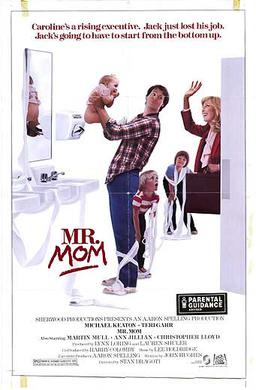



.jpg)



